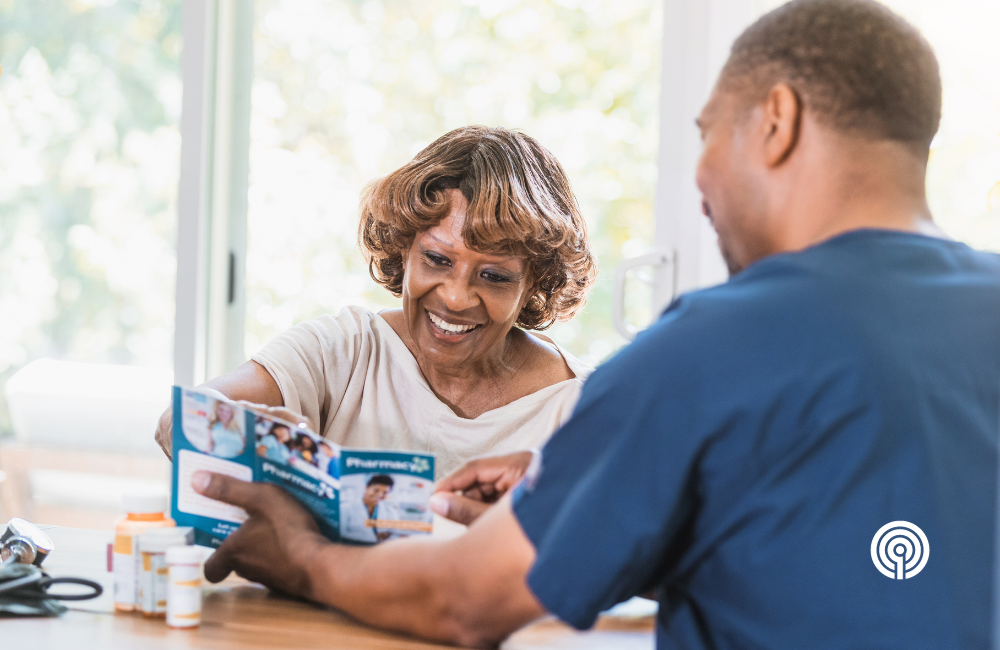
This October, as we recognize Health Literacy Month, it is essential to promote and enhance the ability of patients to understand, interpret, and use health information effectively. October is Health Literacy Awareness Month – an opportunity to raise the collective awareness about the role of health literacy in improving patient outcomes and overall community well-being.
What is health literacy?
Health literacy goes beyond the ability to read and comprehend medical pamphlets or follow prescription instructions. It also includes one’s understanding of preventive measures, ability to navigate the complex healthcare system and make informed decisions about one's health.
Health literacy is a fluid state that doesn't depend on a person's education level or reading aptitude. Often, when people encounter a medical emergency, their health literacy is lowered due to the shock, emotion, and stress of their situation.
In the digital era, where telemedicine and virtual consultations are becoming the norm, the gap is widening between those who are proficient in health literacy and those who are not. Healthcare executives can play a pivotal role in bridging this divide and are increasingly being called upon to do so.
Enhancing health literacy with cultural competency
Health literacy is a key focus of Healthy People 2030 and was recently expanded in definition to include healthcare organizations and professionals. The new definitions are:
- Personal health literacy: the degree to which individuals have the ability to find, understand, and use information and services to inform health-related decisions and actions for themselves and others.
- Organizational health literacy: the degree to which organizations equitably enable individuals to find, understand, and use information and services to inform health-related decisions and actions for themselves and others.
While personal health literacy estimates are varied, all research underscores the need for improved healthcare communication to ensure understanding. This work is a core component of person-centered cultural competency training.
Cultural competency training empowers healthcare providers to recognize and respond to signs of low health literacy in patients. These skills include use of open-ended inquiry and having patient’s “play back” their understanding of their condition or treatment plan. Furthermore, by creating an environment where patients feel comfortable sharing their questions and concerns, providers can address gaps in comprehension effectively. Open communication is crucial in identifying and boosting low health literacy.
Benefits of cultural competency training in promoting health literacy
October's Health Literacy Month is a reminder that healthcare organizations must ensure that their healthcare teams are trained in cultural competency and have the skills to promote health literacy.
A subscription-based health equity platform provides healthcare professionals with flexible, accessible, comprehensive training, assessment, and resources that dive deep into effective communication strategies and best practices to ensure patient-centered care.
Cultural competency training improves patient outcomes and satisfaction, reduces healthcare disparities, ensures compliance with federal and state regulations, and fosters an inclusive work environment.
A call to action for Health Literacy Month
October is Health Literacy Month, an opportunity for healthcare organizations to renew their commitment to health literacy and cultural competency. With the rapid advancements in telehealth and digital health platforms, ensuring that all healthcare professionals are well-versed in delivering culturally sensitive and patient-focused care is more important than ever.
As we observe Health Literacy Awareness Month, let's commit to prioritizing health literacy and cultural competency in healthcare. Together, we can ensure a healthcare system that is inclusive, equitable, and delivers the highest standard of care to all.
For more on this topic, read our post, What is Health Literacy And Why Is It So Important?